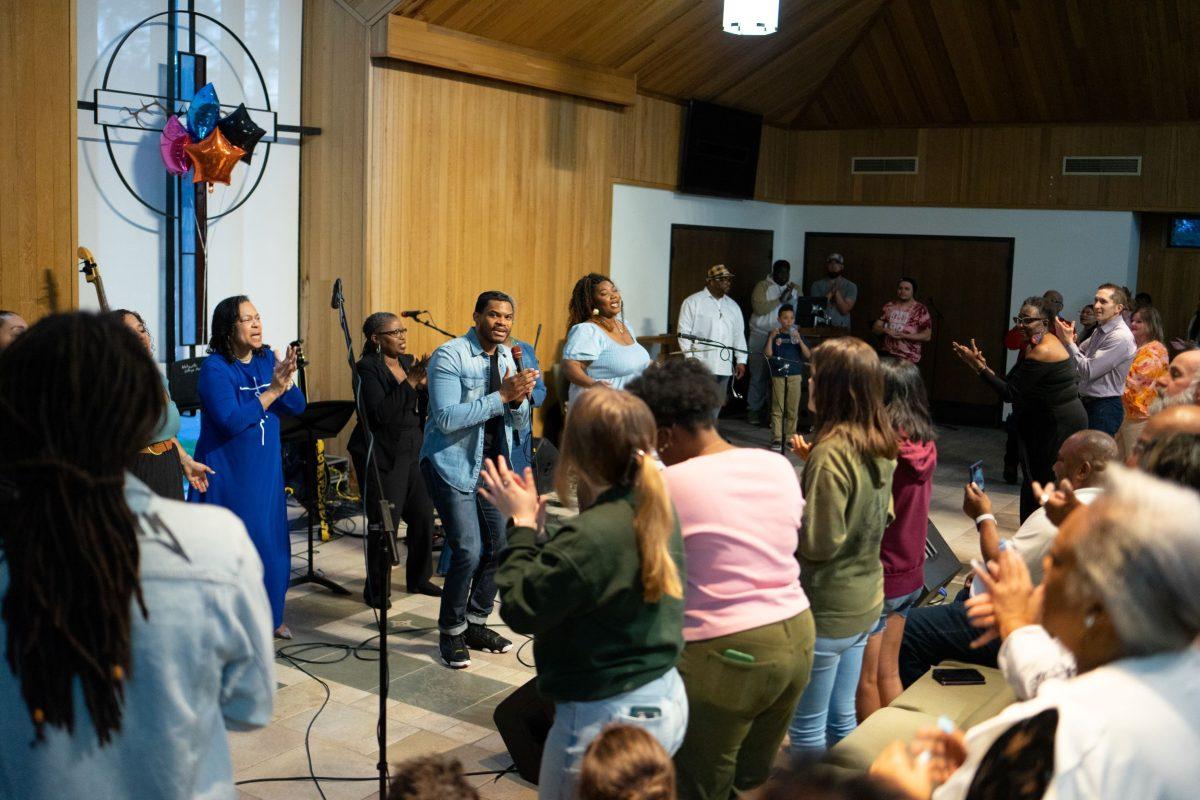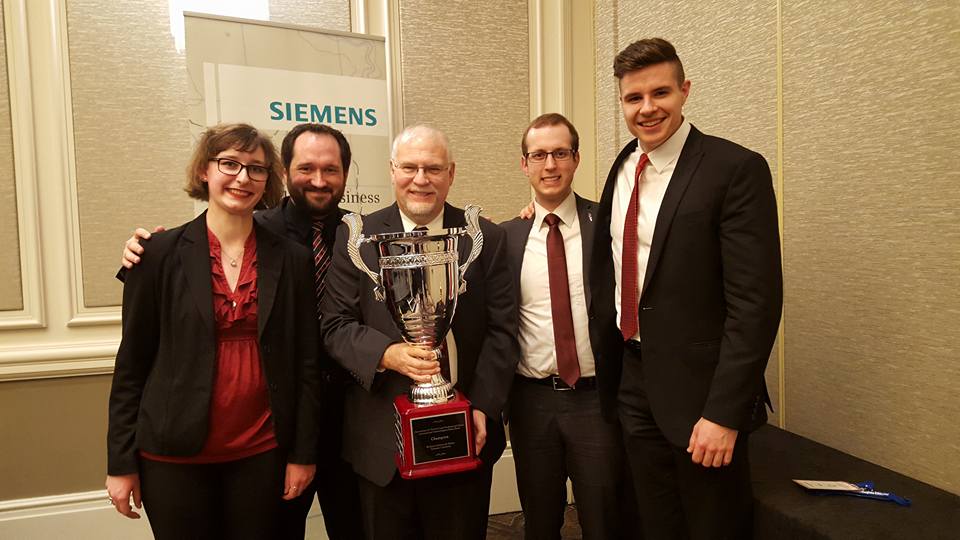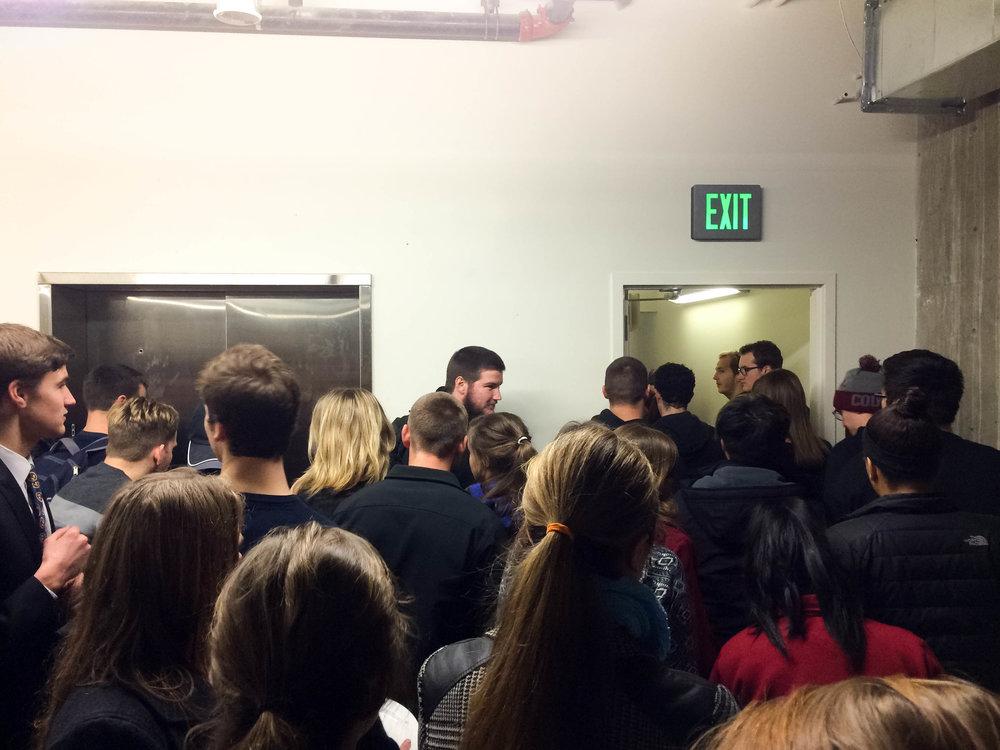Starting this fall, student leaders and most faculty and staff at Whitworth are required to report any issue which violates Title IX including sexual assault. The policy comes in part after the administration was notified of 25 sexual assaults last year all involving alcohol, Rhosetta Rhodes, Whitworth’s Title IX Coordinator, said in an ASWU meeting earlier this month.
The policy ends staff and leadership confidentiality with the exception of chapel staff, counselors and others in the health center.
The newly enforced rule stating Title IX violations must be reported has the potential to alter the relationships between staff, leadership and students, faculty Kathryn Lee said.
“When I first was told about this new term, it did take me aback because there is a sense in which you want to provide a safe space for someone, and safety usually includes confidentiality,” Lee said. “That said, I also understand that Title IX is to protect the student and if nothing is ever done then there can be recurrences, a pattern that isn’t stopped at the very beginning. It’s hard.”
Title IX, enacted in 1971 to combat gender inequality in education, states “no person in the United States shall, on the basis of sex, be excluded from participation in, be denied the benefits of, or be subjected to discrimination under any education program or activity receiving Federal financial assistance,” according to the U.S. Department of Education.
Recently the clarifications of the law have come to include the process of reporting and investigating claims of sexual violence and harassment.
An act is considered sexual assault when it is intentional and occurs through physical force, disregards consent or an individual is incapacitated, according to the Whitworth student handbook.
The Office of Civil Rights recommends training for all education employees that includes “practical information about how to identify and report sexual harassment and violence,” according to the Dear Colleague Letter published in 2011.
At Whitworth, student leaders also are required to report all conversations with peers that include direct details about sexual violence or students questioning if they were assaulted, Rhodes said.
Both HEAT members and dorm student leaders did not know specifics on how the reporting and investigation process worked.
“I still have questions about Title IX, the more nitty-gritty details about it. I would like better training on how to use being a mandatory reporter,” Oliver resident assistant Hannah Palmer said. “I don’t know how best to throw into a conversation, ‘Hey I’m a mandatory reporter,’ and then people still feel comfortable with opening up.”
While speaking to ASWU members, Rhodes said each reported alleged assault is assigned an investigator. The process begins with specific timelines to follow and those accused will receive a letter containing the allegations against them. Witnesses and information will be gathered including text messages. At the conclusion of the investigation both parties will be informed of the decision and appeals may be granted due to new evidence or procedural errors.
Heat members said they believe the investigation process protects victims well.
“I think they handle it pretty sensitively so that person feels safe and it’s confidential because they don’t want someone to feel embarrassed,” HEAT member Meghan McMichael said.
In contrast, faculty member Karr-Cornejo said she has heard some students have been dissatisfied with the investigation process.
“At least in a certain kind of nuclei of students there is dissatisfaction, which is in part I believe why the policies have been changing nationwide,” Karr-Cornejo said in regards to how students feel about the investigation process.
There are also concerns regarding the possible emotional toll the reporting process can have on students.
“The process is difficult. The process is emotionally challenging. The process is emotionally draining,” Karr-Cornejo said. “Having to relive and having the veracity of what happened to you questioned over and over and over again, having to deal with whoever did things to you particularly if it is another student.”
Student leaders expressed more support for being mandatory reporters as it stopped them from having to make the hard choice of if information requires reporting.
“They’re reconstructing it because sexual assault is a problem on Whitworth’s campus, and so this is a way of addressing it. By making student leaders mandatory reporters we’re hoping to create a structure that will allow for students to have a safe place to go,” Oliver Senator Peter Schoening said.
Other leaders felt the change of policy would positively affect how students were protected while at Whitworth.
“If people hurt in some way and they are opening up to people and then people aren’t doing anything with that and letting them be hurt and wounded, [mandatory reporting] will allow them to find healing or at least get the help that they need,” Palmer said.
Staff and faculty heard about this initiative through staff wide emails or at the meeting for department chairs. Despite this information some faculty feel they still need more education on the topic.
Since the first announcement, Chatriand was invited by the political science department to speak further on faculties’ role as reporters.
“It was more just a general this is what my responsibilities are,” Lee said. “But it was obvious that all four of us want to know more. Give us some scenarios, walk us through some scenarios that we might come up against.”
Through more training, both staff and student leaders said they hope to be ready for the year ahead and students’ reactions to this policy.
“My perception is that people are worried about getting it wrong,” Karr-Cornejo said. “If we’re faced with particular situations we won’t get it right and that’s not what we want, we want to get it right, both for the students and for the institution.”
Contact Karlin at [email protected]







